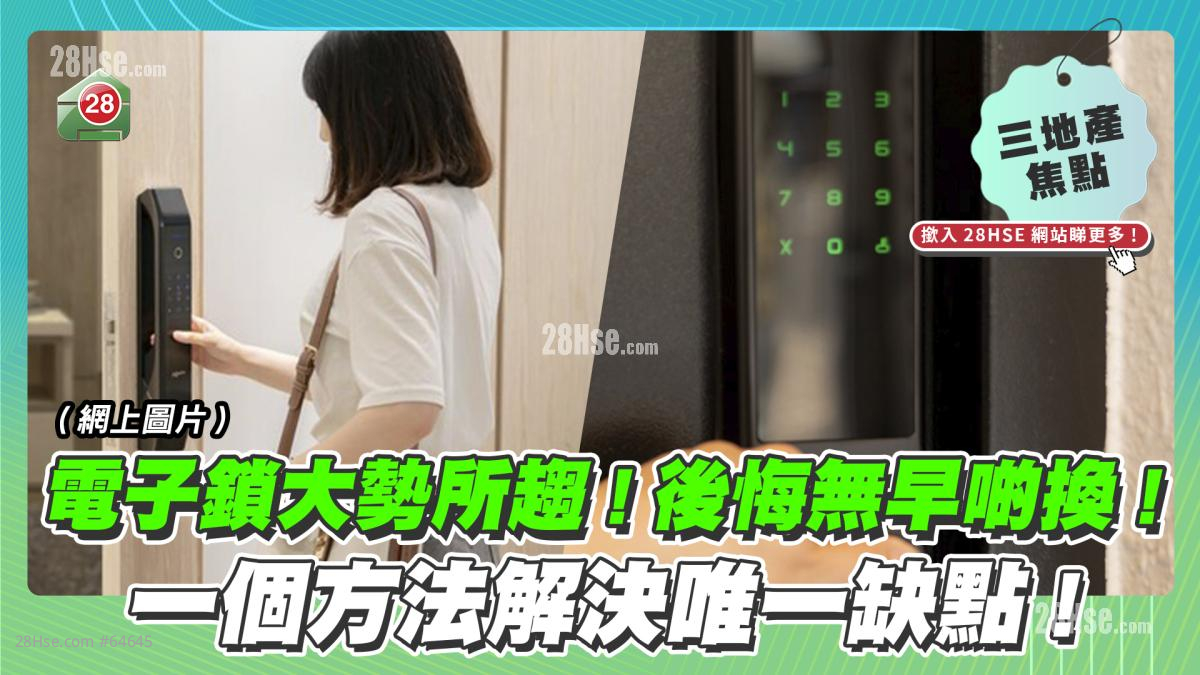With the advancement of technology, our lives have become significantly more convenient. We've all experienced forgetting or losing our keys at some point, which is where electronic locks come in. Widely used in homes and offices, what are the advantages and disadvantages of electronic locks?
Electronic locks, also known as smart locks, are intelligent door locks operated electronically. They don't require physical keys; users can unlock doors through passwords, fingerprints, key cards, or remote apps, and can also check the unlocking history.
Compared to traditional locks, the biggest advantage of electronic locks is their convenience. With multiple unlocking methods, you can enter your home by simply inputting a password or pressing a fingerprint, saving the time and hassle of searching for keys.
Additionally, some electronic locks come with various alarm features. If the lock is tampered with or dismantled, an alarm will sound. They can also issue high-temperature warnings in case of fire or abnormal temperatures. There are input error limits to prevent intruders from continuously trying combinations until they get it right. After five consecutive incorrect attempts, the system locks and triggers an alert, enhancing home security.
Another advantage is the aesthetic appeal of electronic locks. As demand for home decor increases, electronic locks with sleek, modern designs can complement any door material, adding a touch of sophistication to your home.
However, electronic locks are not without drawbacks. The main issue is the need for regular battery changes. If you forget to replace the batteries, you might find yourself locked out. Fortunately, many electronic locks have low battery reminders that play a sound or voice alert until the batteries are replaced, reducing the likelihood of this problem.
Even if the electronic lock runs out of power, there's usually no need to worry. Most electronic locks come with backup mechanical keys. If the lock’s battery is dead, you can simply insert the key into the keyhole and turn it to unlock. If you forget the backup key, you can use a USB cable with an external charger for emergency power.
A second disadvantage is that electronic locks are not ideal for outdoor environments like village houses or standalone homes. Exposure to wind and rain can easily damage electronic components. Users can opt for waterproof certified electronic locks, but these are still more prone to damage than those installed indoors.
Compared to traditional locks, electronic locks are electronic products that come with warranties, making them more expensive, often costing several thousand dollars. While undeniably convenient, they may not suit every family's needs. It's important to assess your own requirements and budget before purchasing.
Like

